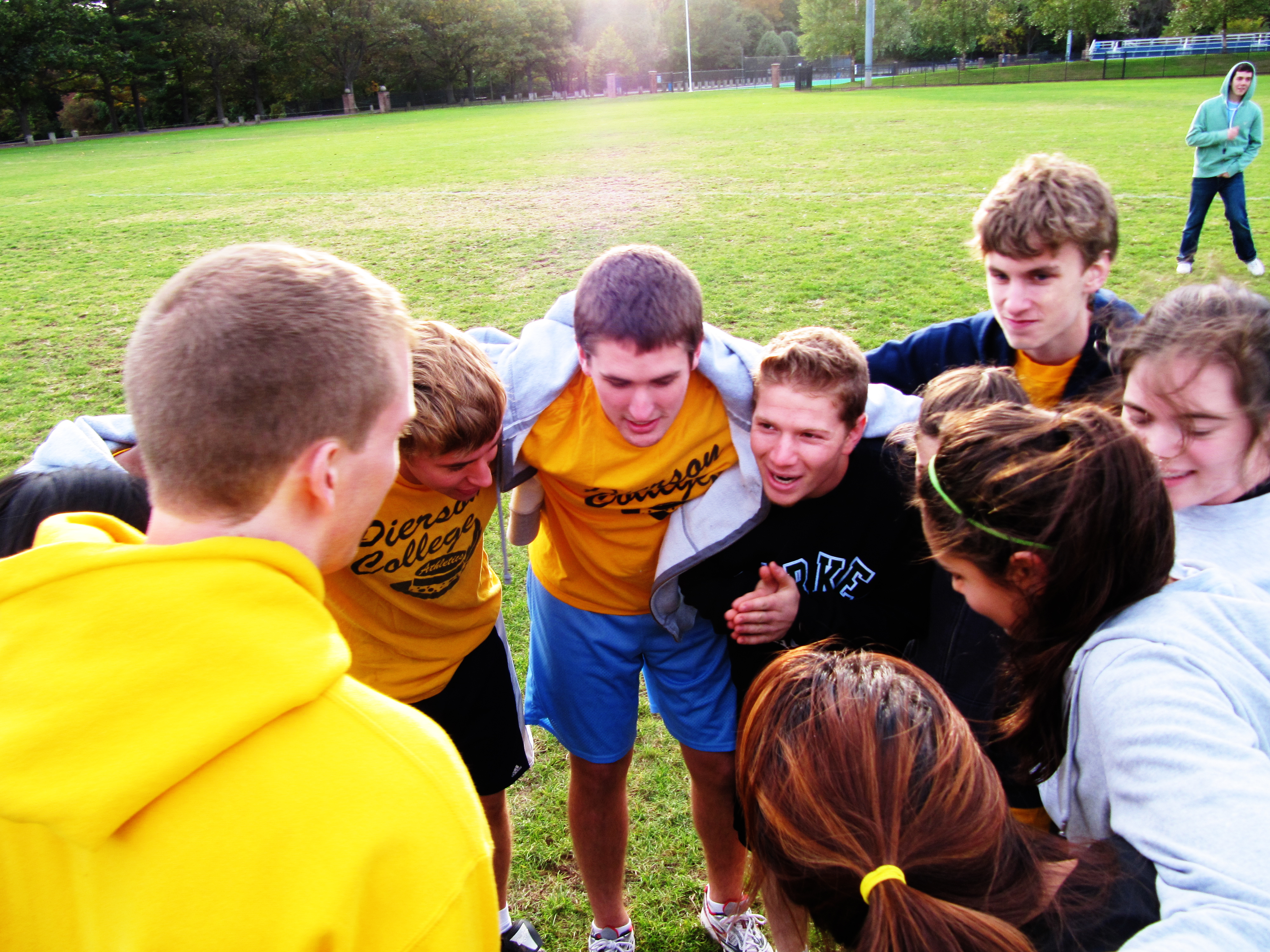
After seeing substantially lower participation numbers in intramural sports this spring, IM organizers have made efforts to increase interest and attendance in the program.
The IM administration began work on several initiatives at the start of the 2015–16 school year. While some, such as the addition of Spikeball, have already been implemented, many will not be introduced until next fall. These include the launching of a new Yale IM website, the release of an inaugural Yale Intramurals Handbook and the creation of an ad hoc rules committee to govern and update rules for IM sports and the program as a whole.
“We had very positive improvements this year with many changes intending to bring Yale IMs up to the next level,” Director of Club Sports, Outdoor Education Center and Intramurals Tom Migdalski said.
Some initiatives, such as the handbook, are intended to improve the program’s structural organization.
According to Migdalski, the first-ever Yale Intramurals Handbook will detail “all things Yale IMs,” ranging from the program’s history to its current rules, including all operating and safety procedures, concussion policy and past Tyng Cup winners.
The new website will feature a revamped design that is easier to use and maintain than the previous website, head IM secretary Adam Jenkinson ’18 said. He added that he hopes the new website will help clarify terms of rules and regulations. According to Migdalski, the current site is “plagued” by continuous technical difficulties, “preventing it from being kept current, functional and accessible.”
Both initiatives are expected to be completed by the start of the upcoming fall season.
Other new policies will look to improve student attendance and retention rate in the IM program. For example, the department has for the first time developed IM brochure, which will be available next fall as handouts at events like Freshman Orientation to attract the new class of students, Migdalski said.
Additionally, the start date for IMs has been moved up to the first week of classes for the upcoming school year, which Jenkinson said was an attempt to get students “excited and interested” in IMs before they committed to other extracurricular options at Yale.
The administration has also focused on improving the enforcement of rules and safety procedures during IM matches by beginning to develop a new Ad Hoc Rules Committee made up of IM secretaries, instituting required instructional clinics for supervisors and referees and purchasing staff-specific T-shirts for better identification of referees and supervisors at games.
Game-specific changes have also been made this year. After the introduction of Spikeball at the start of the spring season, the IM secretaries decided at their most recent meeting last Friday that all games will now be played in campus courtyards rather than at the IM fields. Additionally, Broomball will replace Ice Hockey as an IM winter sport starting next semester, primarily due to the disparity in skill level of ice skating for students.
“We have had a busy year developing and implementing exciting projects in Yale intramurals as we bring the program to a new and higher level,” Migdalski said. “We believe these changes will draw even more energy, enthusiasm and excitement to the games next fall.”
More energy might in fact be necessary. According to Migdalski, forfeits have been higher and participation numbers lower than normal this spring. He attributed this to poor weather, which caused 32 games to be canceled during the first weeks of the spring IM season, according to Jenkinson.
Undergraduate representatives have also noticed this change. IM secretary for Davenport College Julianne Kennedy ’17 said the college has forfeited more games than usual this season.
At the other end of the spectrum, Kai Takahashi ’16, an IM secretary for Berkeley College — which was leading in the race for the Tyng Cup at the end of the winter season — said Berkeley has had most of its games forfeited by opponents. He explained that for most of its spring games, either the Berkeley teams travel to IM fields and the opposing team does not show up, or the other college emails in advance to say it will not be fielding a team.
“The spring season has been tricky, because attendance is rather poor so a lot of the games are forfeits, which disincentives attendance further,” said Laurel Cohen ’16, who is also an IM secretary for Berkeley. “Attendance in the winter and fall was much stronger. In general the spring is hard to recruit for because the season is so busy and people get used to not having to take the bus to the fields in winter, but this year is worse than I remember.”
Last year, Timothy Dwight College took home the Tyng Cup, which is awarded to the residential college with the most IM points at the end of the school year.







